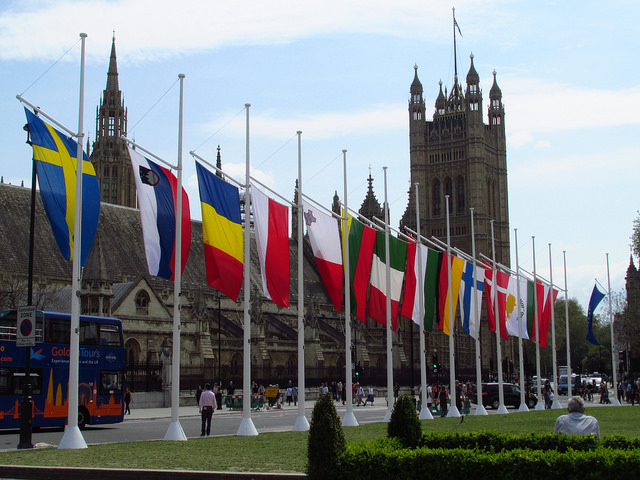When 63-year-old Monique Self, from the Netherlands, moved to Kent with her British husband 15 years ago, she soon got a job as a business development coordinator. She was earning a good salary and felt integrated. But for the past 18 months, she has been among the 3 million E.U. citizens in Britain feeling unsettled. Despite Prime Minister Theresa May’s recent promise to secure their British residency rights, Ms. Self has decided to sell her home and is leaving for good.
“I’ve never been ill or used benefits. I paid a lot of tax, and still, I am being treated as a third class citizen. Now I feel unwelcome,” Ms. Self told The Globe Post. “In the past 18 months there has been so much hate and the government has just been feeding the hate. I was doing my shopping the other day, and I got a phone call from my best friend in Holland, and then, of course, I spoke in Dutch with her. Then someone passing by suddenly started insulting me telling me to go back to my own country,” she added.
“The reason I want to move now is that I want to be settled [in the Netherlands] before March 2018 because at the moment my husband can come with me under E.U. freedom of movement, but I don’t know what is going to happen.”
And she has no plans to return. “Even if they [the British government] offered me British Citizenship for free, they have hurt us all so much in the past 18 months and treated us so badly, that the trust is gone.”
According to a survey carried out by KPMG, a perception that British society has changed is the main reason for E.U. citizens leaving, with half of the people, interviewed saying they felt less welcome and valued in the U.K. following the Brexit vote. Around 33 percent of people said they might not stay because they are pro-European and disagree with Brexit, and 18 percent said the residency process was too difficult.
At least 230,000 E.U. citizens have left Britain already following the Brexit vote, although 28,500 E.U. citizens have applied for British citizenship to be able to remain in the U.K. The Migration Observatory, which is based at Oxford University, has pointed out that thousands of E.U. nationals could face hurdles when applying for “settled” status in the second half of next year.
Although 49-year-old interpreter and translator Elena Remigi, from Italy, obtained British citizenship earlier this year, she is distressed with the situation facing thousands of other E.U. nationals like herself.
“I have become a British citizen, so in theory, I could feel safe and happy, but I don’t,” Ms. Remigi, author and co-editor of In Limbo, told The Globe Post. “I’ve just been lucky because I can afford £1,500 to apply for citizenship. And many countries don’t allow dual nationalities.”
The government has said that E.U. nationals who have been lawfully living in the U.K. by 29 March 2019 for five years will be able to apply to stay indefinitely by getting “settled” status. They can then go on to apply for British citizenship. The last-minute deal, signed last Friday, also allows E.U. nationals to have their spouses and family members living abroad to join them.
“I know our country would be poorer if you left and I want you to stay,” Theresa May said in an open letter to E.U. citizens in the U.K. after the initial agreement signed in Brussels.
But Ms. Remigi fears it won’t be that simple.
“They [the U.K. government] keep saying that it is going to be very easy, that it’ll just be a few questions. Well, we don’t know what those questions will be and people risk not being eligible. I worry about the most vulnerable, like disabled people and people with small jobs,” Ms. Remigi said.
“Our rights should have been guaranteed from day one,” she pointed out.
The risk facing vulnerable E.U. citizens in the U.K. was proved after the Home Office recently was accused of illegally deporting rough sleeping — homeless — E.U. citizens, with the Home Office having the option to remove E.U. citizens for supposedly failing to exercise their rights in the U.K. under the E.U. law.
E.U. campaigners have said in response to the agreement on December 8 that they are not reassured. “Our rights should not have an expiry date,” Nicolas Hatton, Chair of the3million, a grassroots organisation of E.U. citizens in the U.K., said in an official statement.
“More worryingly, there is still no clarity around the registration criteria for these rights. There are a huge number of people still in the dark about whether they will qualify or not. Hundreds and thousands of them might get a letter that they have to go,” he pointed out.





















